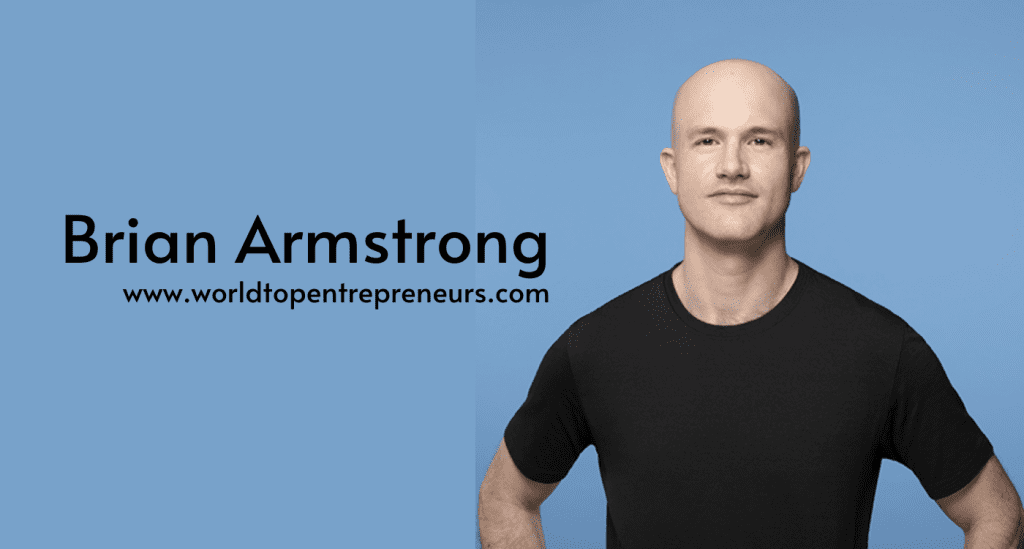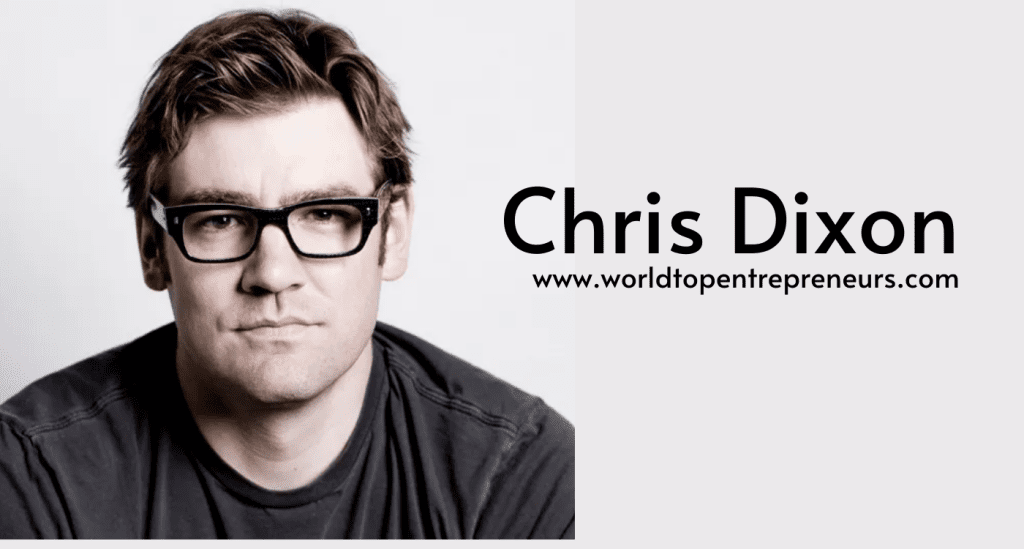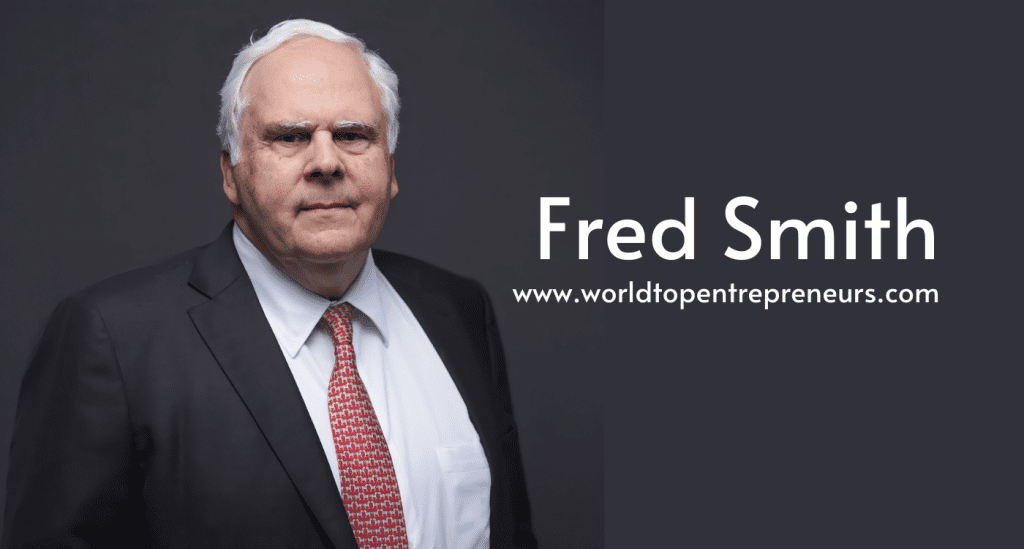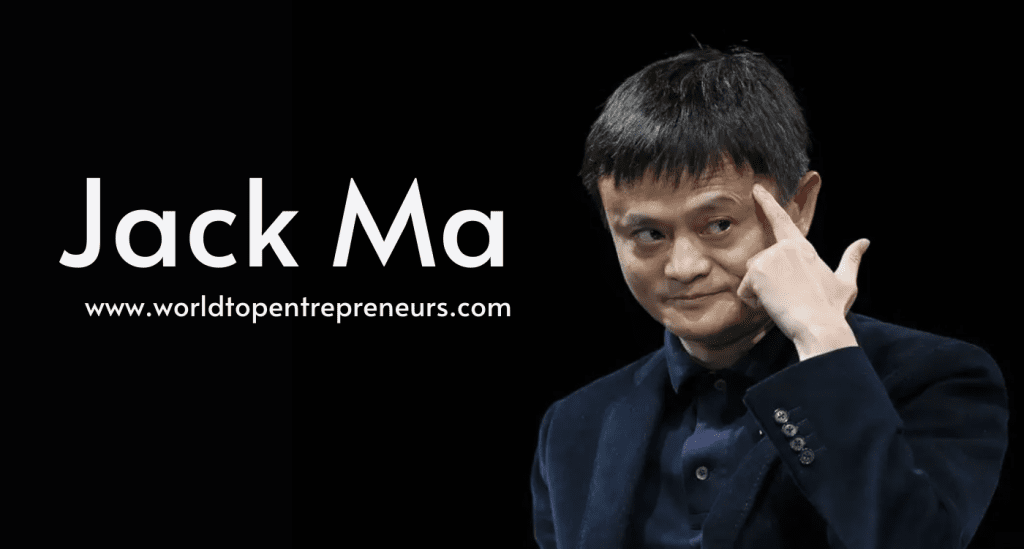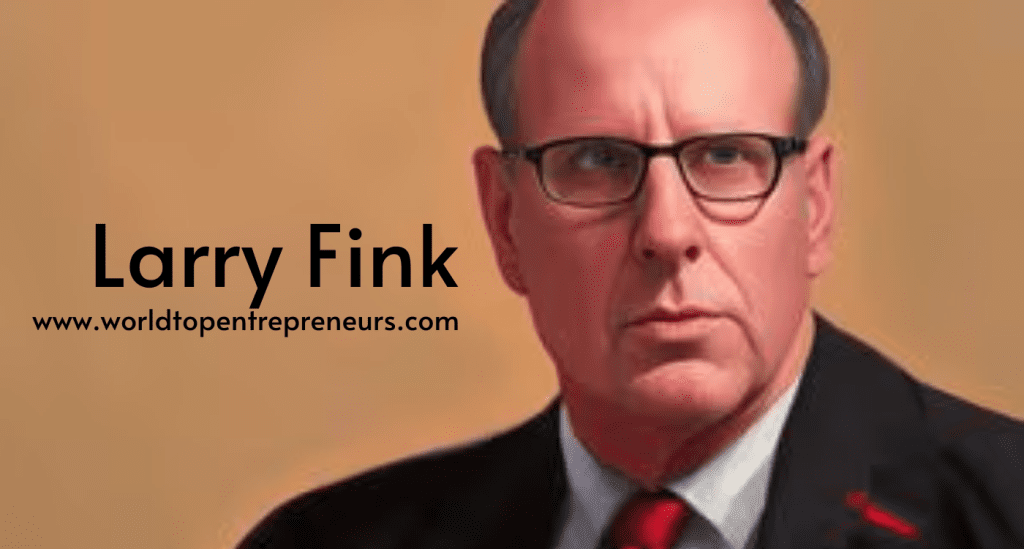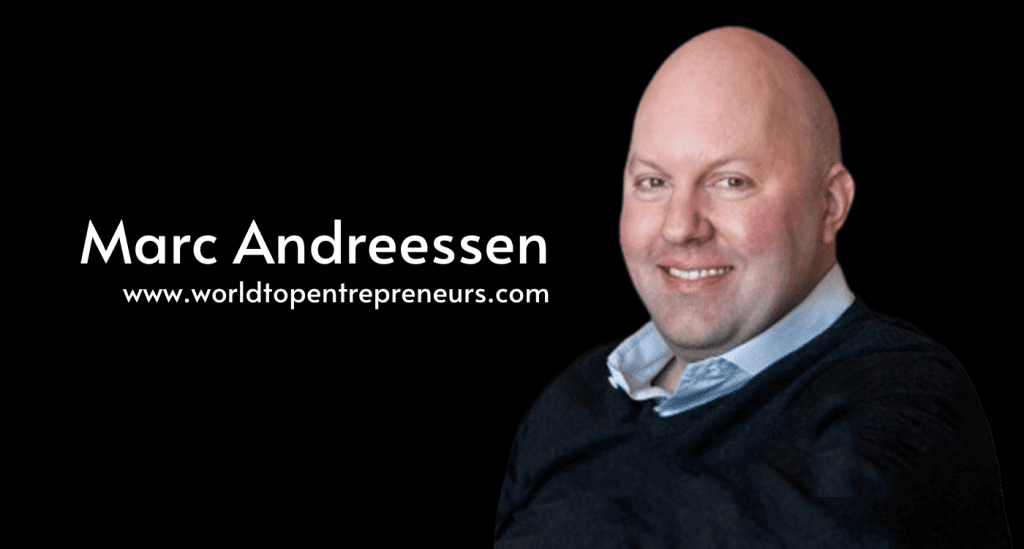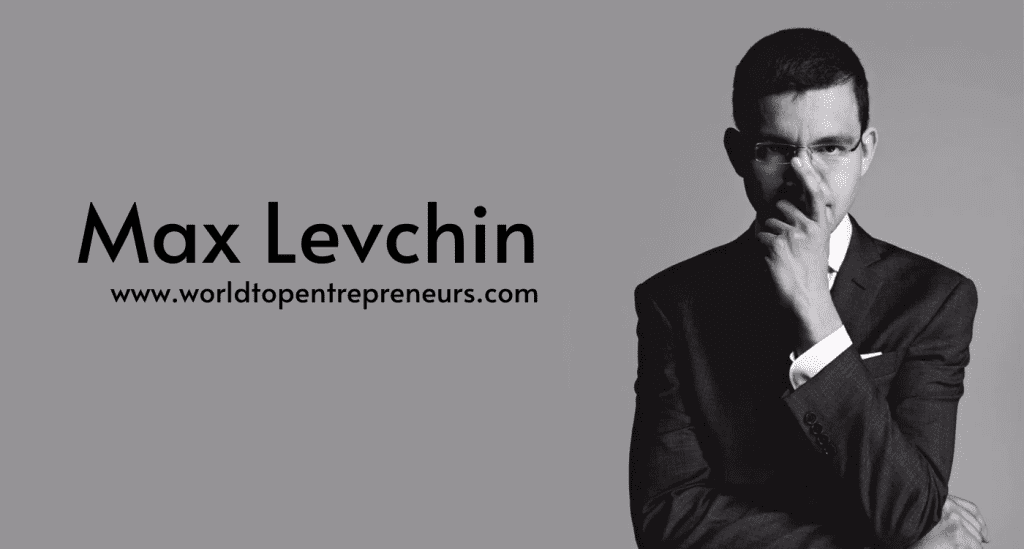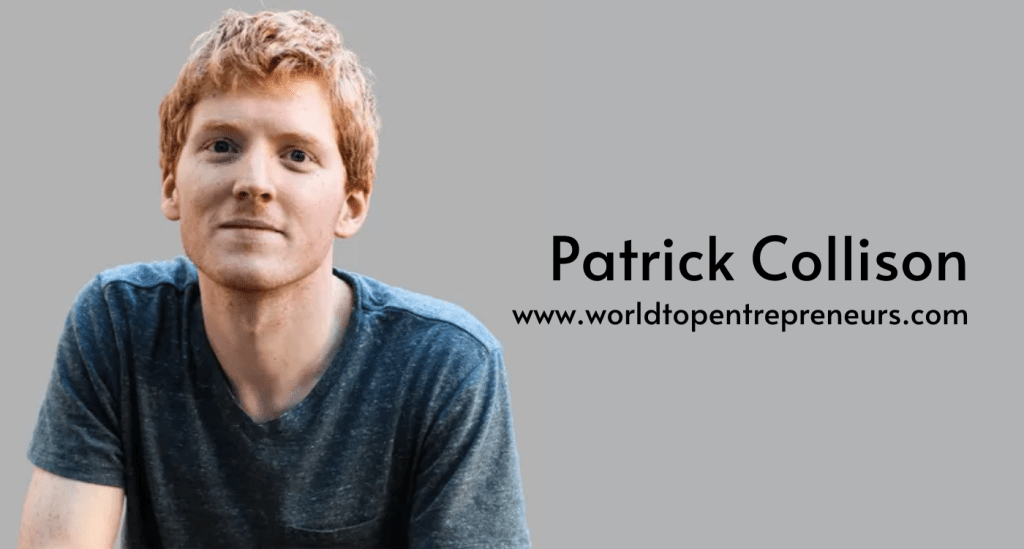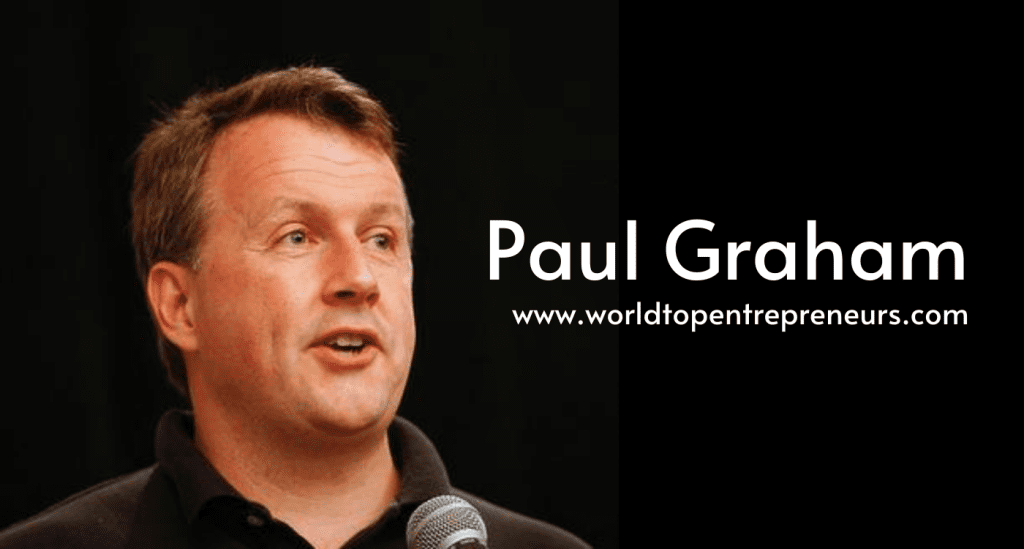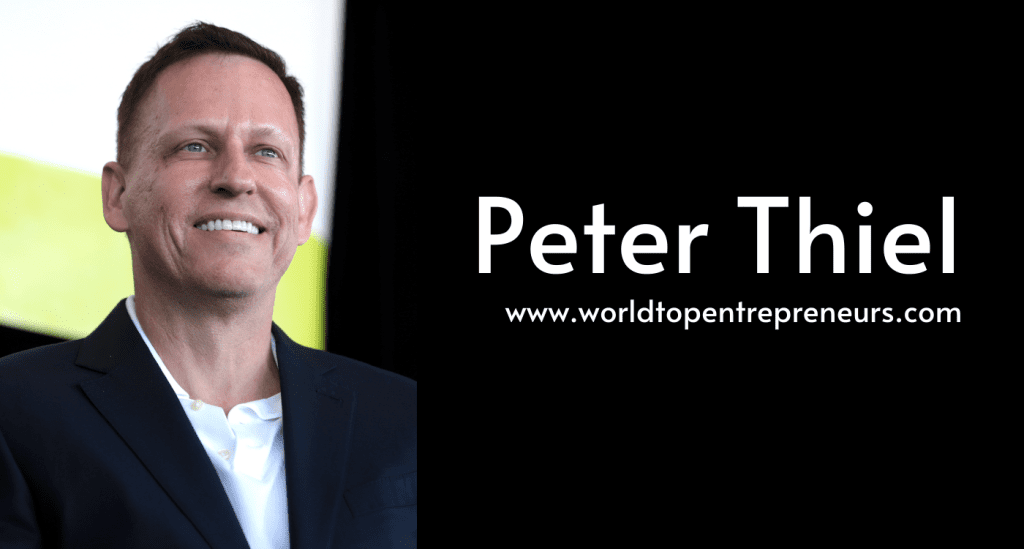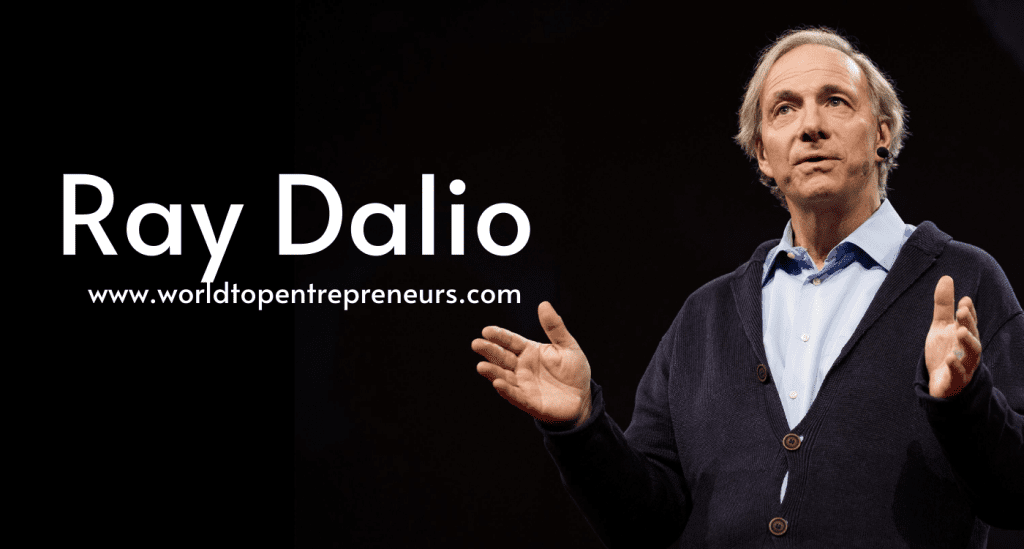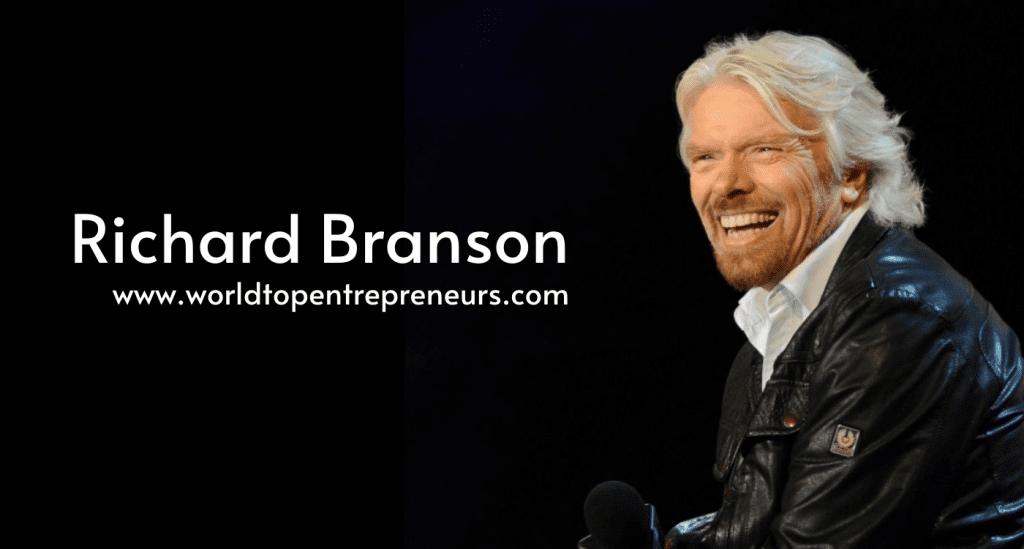In the bustling world of Silicon Valley, few names resonate as strongly as Ben Horowitz. As a co-founder of the venture capital firm Andreessen Horowitz, his influence on the tech industry is both profound and far-reaching. Horowitz’s journey from an ambitious entrepreneur to a highly respected investor and thought leader is a story of perseverance, strategic acumen, and an unwavering commitment to innovation.
Early Life and Education
Benjamin Abraham Horowitz was born on June 13, 1966, in London, England, to an academic family. His father, David Horowitz, was a prominent conservative writer and policy advocate, while his mother, Elissa Krauthamer, was a social justice advocate. This blend of intellectual rigor and social consciousness undoubtedly shaped Horowitz’s worldview.
Horowitz moved to Berkeley, California, at a young age, where he spent his formative years. He attended Berkeley High School and later went on to study at Columbia University, earning a degree in Computer Science. Following his undergraduate studies, Horowitz further honed his technical skills at UCLA, where he obtained a Master of Science in Computer Science.
Early Career and the Rise of Loudcloud
Horowitz’s entry into the tech industry began with a stint at Silicon Graphics, where he worked as an engineer. This experience provided him with a solid foundation in technology and business operations. However, his entrepreneurial spirit soon led him to seek more challenging and impactful opportunities.
In 1999, Horowitz, along with Marc Andreessen and Tim Howes, co-founded Loudcloud, a company that aimed to revolutionize the web hosting and cloud services market. Loudcloud was a pioneering venture, providing infrastructure and application hosting services at a time when the internet was rapidly expanding. The company’s vision was ahead of its time, laying the groundwork for what would later become the cloud computing industry.
Loudcloud’s journey was fraught with challenges. The dot-com bubble burst in the early 2000s, leading to a significant downturn in the tech industry. Despite these obstacles, Horowitz and his team persevered, pivoting the company’s focus and rebranding it as Opsware. This strategic shift proved to be a masterstroke. Opsware became a leader in data center automation software, ultimately being acquired by Hewlett-Packard in 2007 for $1.6 billion.
The Birth of Andreessen Horowitz
The sale of Opsware was a turning point for Horowitz. With a successful exit under his belt, he and Marc Andreessen set their sights on a new venture: venture capital. In 2009, they co-founded Andreessen Horowitz, often referred to as a16z. The firm’s mission was to support and invest in visionary entrepreneurs and companies that had the potential to transform industries.
Andreessen Horowitz quickly distinguished itself in the competitive world of venture capital. The firm’s unique approach combined a deep understanding of technology with a comprehensive support system for startups. Unlike traditional venture capital firms that primarily provided funding, a16z offered extensive operational expertise, helping portfolio companies with everything from recruiting and marketing to business development and public relations.
Under Horowitz’s leadership, Andreessen Horowitz made several high-profile investments in companies that would go on to become industry giants. These included Facebook, Twitter, Airbnb, Slack, and Lyft, among others. The firm’s success was not just measured in financial returns but also in its ability to identify and nurture groundbreaking innovations.
Philosophy and Management Style
Ben Horowitz is widely regarded for his thoughtful and strategic approach to business. His management philosophy is encapsulated in his best-selling book, “The Hard Thing About Hard Things: Building a Business When There Are No Easy Answers.” In it, he shares candid insights into the challenges of leading a company, particularly during times of crisis.
Horowitz’s book is a treasure trove of practical advice and personal anecdotes. He emphasizes the importance of resilience, decision-making under pressure, and the willingness to confront harsh realities head-on. One of the key themes of the book is that there are no shortcuts to success; instead, leaders must navigate a series of difficult and often unglamorous decisions to steer their companies toward growth.
A cornerstone of Horowitz’s management style is his belief in the power of culture. He argues that a company’s culture is not just a set of values or principles but the sum of its behaviors and practices. Horowitz advocates for a culture of accountability, transparency, and continuous improvement. He believes that strong, cohesive cultures enable companies to weather adversity and maintain their strategic focus.
The Impact on Silicon Valley
Horowitz’s influence extends far beyond his own firm. He has played a pivotal role in shaping the culture and dynamics of Silicon Valley. His advocacy for founder-led companies and his emphasis on the importance of strong leadership have become guiding principles for many entrepreneurs and investors.
One of the distinguishing features of Andreessen Horowitz is its commitment to diversity and inclusion. Horowitz and his team recognize that diverse perspectives lead to better decision-making and more innovative solutions. They have actively sought to invest in and support founders from underrepresented backgrounds, challenging the status quo in an industry that has historically lacked diversity.
Moreover, Horowitz is known for his outspoken views on social and political issues. He has used his platform to address topics such as income inequality, education reform, and criminal justice. This willingness to engage with broader societal issues reflects a deep-seated belief in the power of technology to drive positive change.
Challenges and Controversies
While Horowitz’s career is marked by numerous successes, it has not been without its challenges and controversies. The high-stakes world of venture capital is inherently risky, and not every investment pays off. Horowitz and Andreessen Horowitz have faced criticism for some of their investment choices, particularly those that did not achieve the expected returns.
Additionally, the firm’s aggressive approach to growth and expansion has sometimes led to tensions with other industry players. Critics argue that Andreessen Horowitz’s extensive support network gives it an unfair advantage over traditional venture capital firms. However, Horowitz and his team view this model as essential to their mission of helping entrepreneurs succeed.
Legacy and Future Endeavors
As Ben Horowitz looks to the future, his legacy as a strategic visionary is already firmly established. His contributions to the tech industry and venture capital have left an indelible mark, inspiring a new generation of entrepreneurs and investors.
Horowitz continues to be actively involved in Andreessen Horowitz, guiding the firm’s strategic direction and mentoring portfolio companies. He is also a sought-after speaker and thought leader, frequently sharing his insights on leadership, technology, and innovation at conferences and events around the world.
In addition to his professional endeavors, Horowitz is committed to philanthropy and social impact. He and his wife, Felicia, are involved in various charitable initiatives, particularly in the areas of education and community development. Their philanthropic efforts reflect a deep commitment to giving back and making a positive difference in the world.
Conclusion
Ben Horowitz’s journey from an engineer at Silicon Graphics to a co-founder of one of Silicon Valley’s most influential venture capital firms is a testament to his strategic acumen, resilience, and visionary leadership. Through his work at Andreessen Horowitz, he has helped shape the future of technology and innovation, supporting entrepreneurs who are transforming industries and society.
Horowitz’s philosophy of embracing challenges, fostering strong cultures, and prioritizing diversity and inclusion has set a new standard for leadership in the tech industry. As he continues to drive change and inspire others, his impact on Silicon Valley and beyond will undoubtedly endure for years to come.
Ben Horowitz is not just a successful investor and entrepreneur; he is a thought leader and a catalyst for positive change. His story is a powerful reminder that with vision, determination, and a commitment to making a difference, one can achieve remarkable success and leave a lasting legacy.




